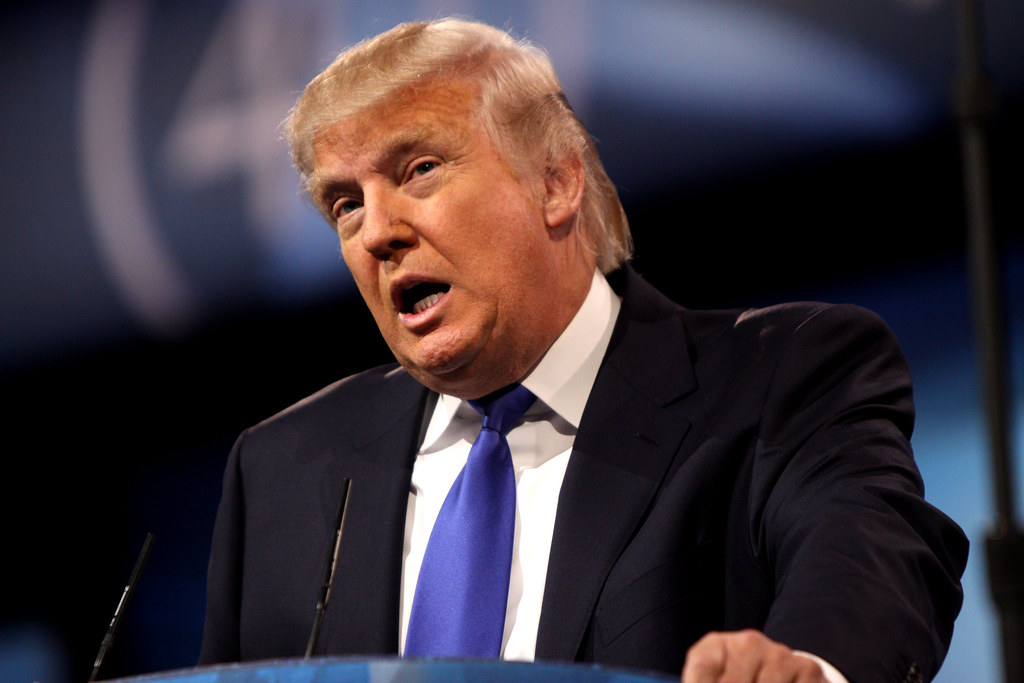Key Takeaways:
• Trump orders National Guard deployment to Memphis to tackle violent crime.
• Civil rights groups warn this move risks free speech and peaceful assembly.
• Local leaders are split: some want troops, others demand social investments.
• Critics propose more funding for housing, health care, and job programs.
• Legal challenges may arise over federal troops in city streets.
Will National Guard Deployment Fix Memphis Crime?
Concerns Over National Guard Deployment
When the president sends soldiers to a city, people worry about their rights. Civil rights advocates say the National Guard deployment could harm peaceful protests. Moreover, they add that many Memphis residents already face economic hardship.
Local Leaders React
Memphis’s mayor says he did not ask for troops and doubts they will cut crime. He wants a bigger role in guiding their tasks. For instance, he hopes they help with traffic or clean-up work. However, some officials call the move a political stunt.
Rights Groups Speak Out
Civil liberties organizations declare that soldiers on city streets threaten basic freedoms. They fear excessive force and intimidation of peaceful protesters. Therefore, they urge state and local officials to fight this order in court if needed.
Political Fallout
Some elected Democrats blame past budget cuts for today’s woes. They note that health care and food assistance plummeted under state leaders. Now they say sending troops cannot fix those earlier choices. Instead, they demand real investments in people’s lives.
What Drives Violence in Memphis?
Poverty, scarce jobs, and unsafe housing fuel crime in many neighborhoods. When families lack stable income and homes, desperation can grow. Consequently, experts recommend boosting job training, affordable housing, and mental health care.
How the Plan Would Work
The president’s memorandum instructs the Pentagon to ask the governor for guard support. Once approved, these troops would coordinate with local law enforcement. They would share intelligence, patrol high-crime areas, and secure public events.
Community Concerns Grow
Shop owners worry soldiers might heighten tensions rather than calm them. Residents say military training differs from community policing skills. They fear soldiers won’t know local families or neighborhood dynamics.
Legal Challenges Loom
Some city and county leaders plan to sue to block the National Guard deployment. They argue federal action oversteps state authority. Also, they claim it violates the right to local self-governance.
Human Rights Warnings
A major human rights group warns that deploying troops in cities with mostly people of color can worsen inequalities. They say military forces may target the poor, immigrants, and unhoused people unfairly. Meanwhile, they note that public money goes to gear, not grocery vouchers or rent aid.
Possible Guard Roles
Despite criticism, some officials see ways troops might help without overstepping. They could staff crime reporting centers, manage security at large gatherings, or join street-cleaning projects. Done well, these tasks could free local officers for core duties.
Budget Questions
Taxpayer dollars fund both military deployments and social programs. Critics ask why the state spends millions on soldiers instead of schools or clinics. They argue that investing in education keeps youths out of trouble more effectively than boots on the ground.
Memphis in the National Spotlight
Memphis now joins Los Angeles and Washington, D.C., where troops already patrol. Observers note a pattern: cities with large minority populations get these measures first. They worry this reflects bias in how federal power is used.
Governor’s View
The state governor thanked the president but has the final say on troop assignments. He can decide whether guardsmen focus on patrols, traffic control, or community aid. Thus, he holds real power over their impact on daily life.
Local Proposals for Peace
Some community leaders call for new youth centers, sports leagues, and job fairs. They point to art programs and counseling as ways to steer teens away from crime. They believe these non-military steps will build trust faster than soldiers can.
Public Opinion and Trust
Polls show mixed feelings. Some residents welcome extra patrols. Others fear feeling like a war zone. Trust in both police and soldiers runs low after recent protests and clashes.
Lessons from Other Cities
Earlier deployments in other cities brought mixed results. Some saw small drops in violent incidents. Others reported no change or even spikes in complaints against troops. This history makes many Memphis residents uneasy.
Media and Public Debate
Cable news shows fuel heated exchanges between national and local leaders. The president touts force and authority. Meanwhile, city officials warn that tough talk won’t heal community wounds.
What’s Next for Memphis?
Courts may soon decide if this National Guard deployment is legal. Meanwhile, state and local leaders must debate whether to cooperate fully. Above all, many activists insist that true safety lies in jobs, homes, and health care—not guns.
FAQs
What powers will the National Guard have in Memphis?
They can support local police with patrols, traffic control, and crime data analysis. Their exact duties depend on the governor’s instructions once troops arrive.
Could courts block the National Guard deployment?
Yes. Local officials may challenge the move in court, claiming federal overreach. Legal rulings could pause or end the deployment.
Will sending troops reduce crime long term?
Experts doubt it. They argue that social programs like job training, housing aid, and youth services offer better, lasting results than armed forces.
What alternative steps can help Memphis?
Investing in affordable housing, mental health care, and education shows strong promise. Community centers and job fairs also tackle the root causes of crime.
